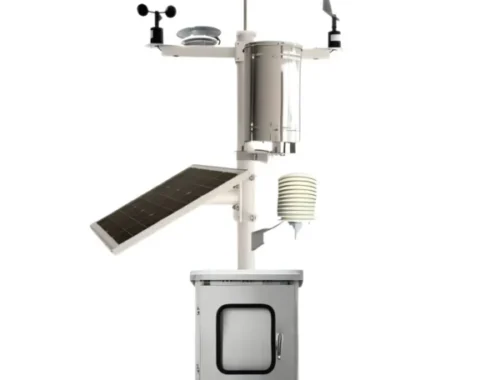Nite Ize Knocks Down Counterfeits in Court
>
Nite Ize landed a big win with the International Trade Commission earlier this week. After a two-year investigation, the commission, which advises the executive branch and passes rulings on matters of trade and foreign patent, copyright, and trademark infringement, passed a ruling that protects Nite Ize’s signature Steelie phone and tablet mounts from copy-catting by companies in foreign countries.
Colorado-based Nite Ize makes a variety of outdoor accessories, from lights to carabiners to pet gear. Nite Ize launchd its Steelie line in 2013, after it acquired the trademark and patents from inventor Frank Vogel. It sold its products in brick-and-mortar stores as well as on Amazon, where counterfeit and knockoff items began to appear almost immediately.
The copycat products retailed for as little as a third of the price of legitimate Steelies, thanks largely to an old Universal Postal Union treaty, which allows packages to be shipped to the U.S. from foreign countries, including China, for just over $1. Some were perfect copies, including design and trademark. Others looked slightly different, but their mechanics were identical to those specified in Nite Ize’s utility patents.
According to Clint Todd, Nite Ize’s chief legal officer, direct counterfeits are relatively easy to combat, since Amazon will take down listings if provided with proper trademark and design-patent papers. But utility-patent infringement—products that look different but are mechanically identical—are more difficult. For those, Amazon requires a court order.
Nite Ize had counted hundreds of infringing listings. It would take a lifetime and a fortune to go after each one individually in court. So in October 2016, the company appealed to the ITC to grant a general exclusionary order, a sweeping restriction that requires U.S. Customs to block the import of products that infringe on the specific patents in question.
According to Robert Ziemian, Nite Ize’s attourney, the rise of e-commerce is largely to blame for the explosion of knockoff and counterfeit goods being imported to the U.S. In the past, counterfeiters had to sell their items through big-box stores like Walmart or Target. They had to establish a presence in the country and create direct relationships with the stores they were selling into. “E-commerce changed the game,” says Ziemian. “It allowed foreign companies to identify popular gear that was easy to knock off, stay in their country of origin, and list, house, and distribute said product in a foreign country without overhead.”
In its appeal to the ITC, Nite Ize called out 40 foreign companies—“One of the largest collections of foreign companies brought to the ITC,” Ziemian says—though in reality, those companies represented just a fraction of the offending listing Nite Ize found across various e-commerce sites. On February 22, the ITC passed the general exclusionary order. After a 60-day presidential review period, which closed earlier this week, the order became final.
Why is this such a big deal? Because the order isn’t limited to specific companies, which can reorganize and rename themselves to get around targeted cease-and-desist orders. The general exclusionary order applies to all companies, past, present, and future.
There is precedent for this kind of case. In 2011, the ITC granted Crocs a general exclusionary order banning the import of certain foam footwear in violation of their design patents. Yeti coolers also has a similar case pending with the ITC over copyright, trademark, and patent infringement of some of its drinkware. The case, which was initiated in November 2017, names 13 companies, mostly in China, and requests a limited exclusion order and cease-and-desist orders.
“General exclusionary orders are becoming more of a popular option” for companies facing widespread trademark and patent infringement from foreign manufacturers, says Todd. Though, he says, they’re certainly not an easy route. Nite Ize made multiple trips to D.C., where they presented briefs and testified the way one would in a regular court. Then there was a lot of waiting.
Still, Todd wants to get out the word that general exclusion orders are perhaps the best shot companies have of combating foreign infringement on patents and trademarks in the age of e-commerce. “There’s been a shift in the amount of knockoffs and counterfeits that are available to U.S. consumers,” he says. “Consumers have no idea who invented the product or who owns the intellectual property, and they won’t unless companies take action.”
You May Also Like

Automatic Weather Station Price Analysis and Market Trends
March 16, 2025
Automatic Weather Station: A Comprehensive Overview
March 14, 2025